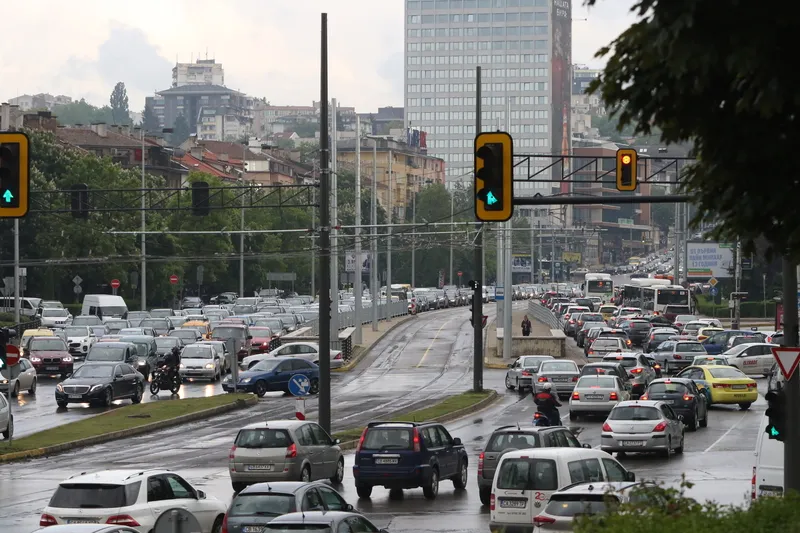Data from Indonesia's West Nusa Tenggara Province reveals that there were 943 traffic accidents during 2010 up until the middle of December.
March 1, 2012
Read time: 1 min
Data from Indonesia's West Nusa Tenggara Province reveals that there
were 943 traffic accidents during 2010 up until the middle of December.
These accidents resulted in 840 light injuries and 362 severe injuries,
as well as 448 fatalities in the province. The authorities have noted
this as a cause for concern as it represents an increase in road related
fatalities compared with the previous year. Traffic accidents in West
Nusa Tenggara killed 432 people in 2009, with 762 traffic accidents
being reported in the province. The authorities are planning to
introduce measures to tackle the growing road safety problem. It is not
clear however whether some of the increase in reported accidents could
stem from an increase in the numbers of road accidents being reported to
the authorities.







